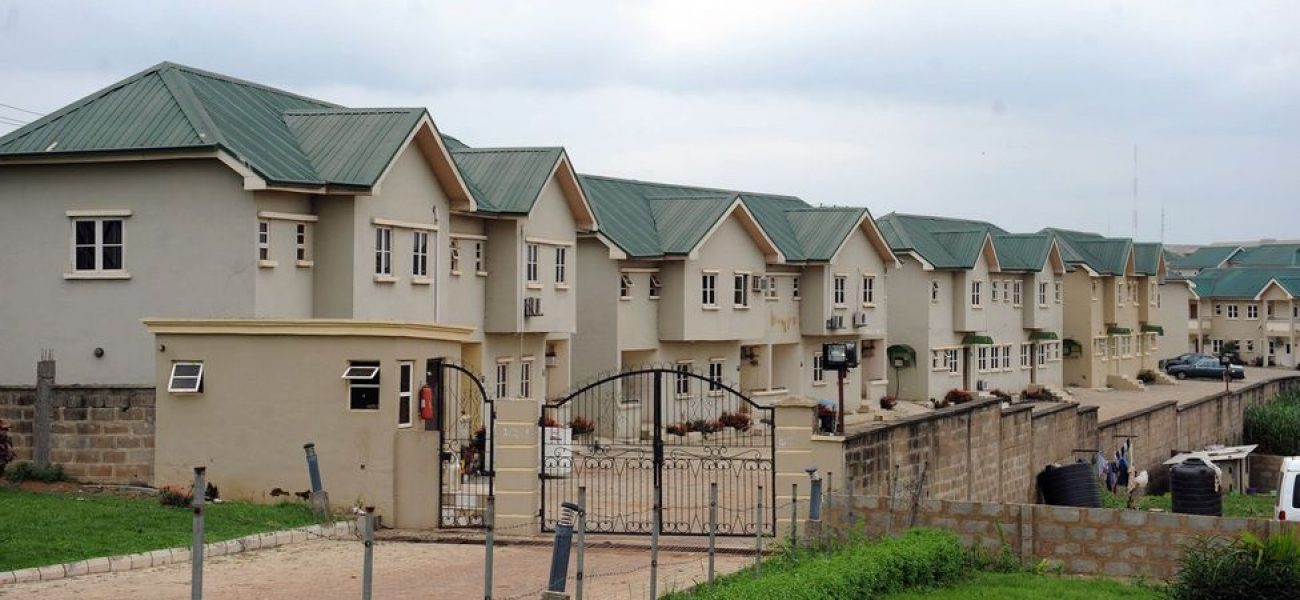A bill seeking to restrict the period of payment of rents for property in Abuja, was presented to the Senate on Tuesday, 1st February. Sponsored by Senator Smart Adeyemi, the bill pegs the period for which a landlord may demand rent from a tenant in Abuja, the Federal Capital Territory (FCT) at a maximum of three months. This implies that payment of rent for a tenancy in the FCT for business and residential premises will be on a quarterly or monthly basis. The bill also makes it unlawful for tenant to offer to pay rent in the excess of three months. This is in contrast to the common practice where rent is calculated and paid on an annual basis. The bill further stipulates a fine of one million naira or an imprisonment term of three months for anyone found guilty of contravening this provision.
The bill also provides that where there is a breach of the tenancy agreement and a landlord seeks to recover the premises in question, then he or she shall provide notice to the tenant according to applicable laws, or a month’s notice for a monthly tenant and quarterly notice for a quarterly tenant. It further stipulates that where a monthly tenant is in arrears of rent for three months or a quarterly tenant is in arrears of rent for six months, then the tenancy shall lapse, and the Court can make an order for the landlord to take possession and collect arrears of rent. For a fixed term tenancy, no quit notice is required where the term has elapsed. However, the landlord shall give a 7-day notice of intention to proceed to the Court to recover possession of the premises. These provisions anticipate situations in which a tenant may refuse to give up possession of the property they occupy while in default of rent. However, in practice, enforcement may be difficult and pose losses to the landlord.
The bill addresses increase in rent by providing that a tenant may apply to the Court for an order that an increase in rent is unreasonable. The Court will either grant this order or refrain from doing so on the basis of certain stipulated considerations. Also, the bill criminalises the demolition or modification of a building, threats or molestation as means to eject a tenant, and stipulates a maximum fine of N250,000 or a maximum imprisonment term of six months.
While the payment of rent on a monthly or quarterly basis may be beneficial to some tenants in the light of the economic reality in the country, some other economic realities may make some tenants prefer to pay rent on a longer basis. Advance payment of rent can offer some form of security to the tenant in terms of possession and enjoyment of the property for a longer period of time without interference, as well as protection from inflation and other market forces which may alter rent rates when paid on monthly or quarterly basis. In consideration of these, it may be more beneficial to allow the parties in a tenancy agreement to determine the payment terms.
It is also unclear how the bill can be realistically enforced given that the property (private or commercial) in question are outside of government ownership. The reality of high costs of building and expectations of property owners to reap profit may also need to be matched by this bill. To conclude, the bill sounds very populist and may appeal to people on the streets but the reality is that it may become necessary to examine the crisis of housing not just in Abuja, but the entire country. Some suggestions in this regard include government funding of mortgage options for citizens, provision of affordable lands and secure titles, as well as massive infrastructural development to open up vast lands for ordinary citizens to be able to build houses of their own. This would appear to be a sustainable direction to follow.

